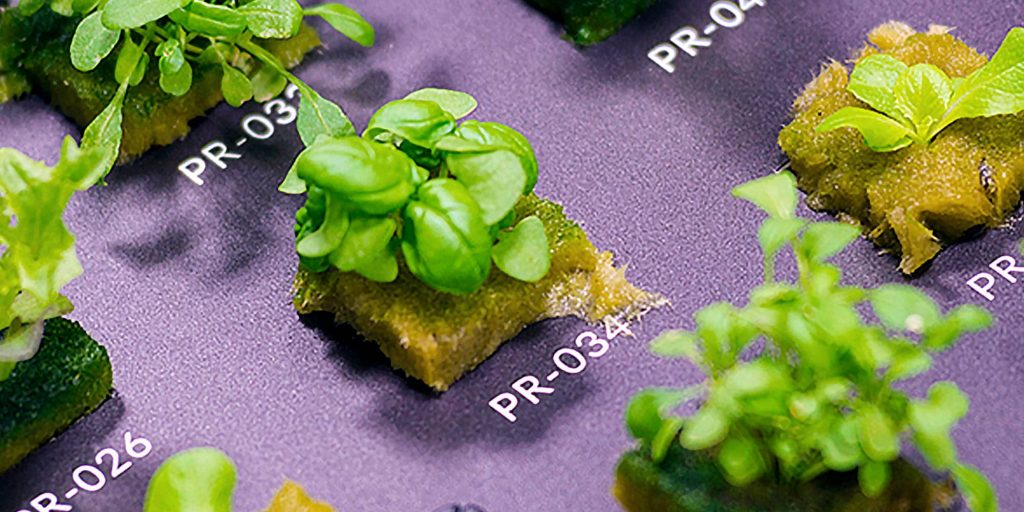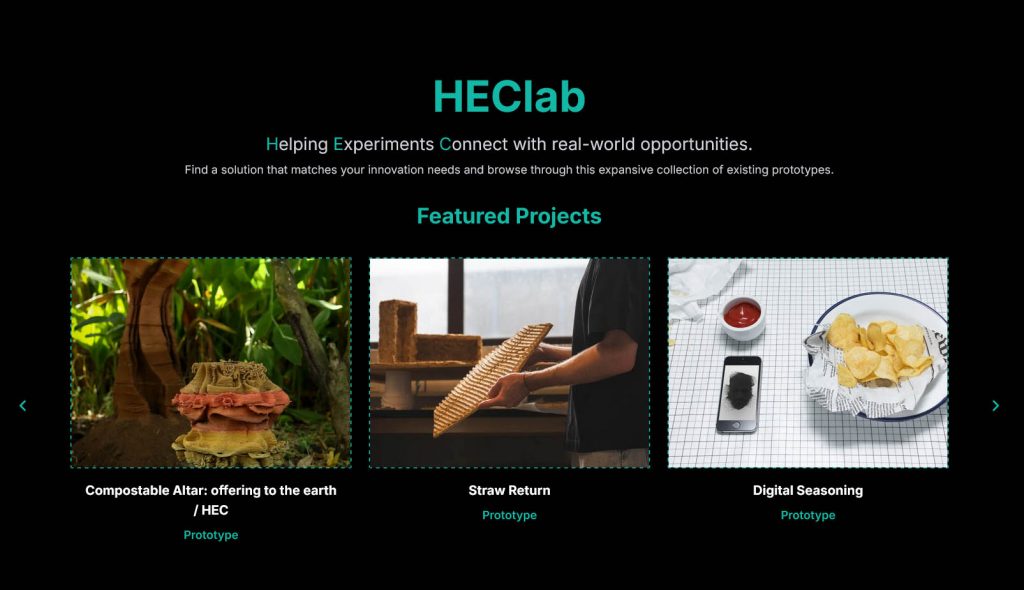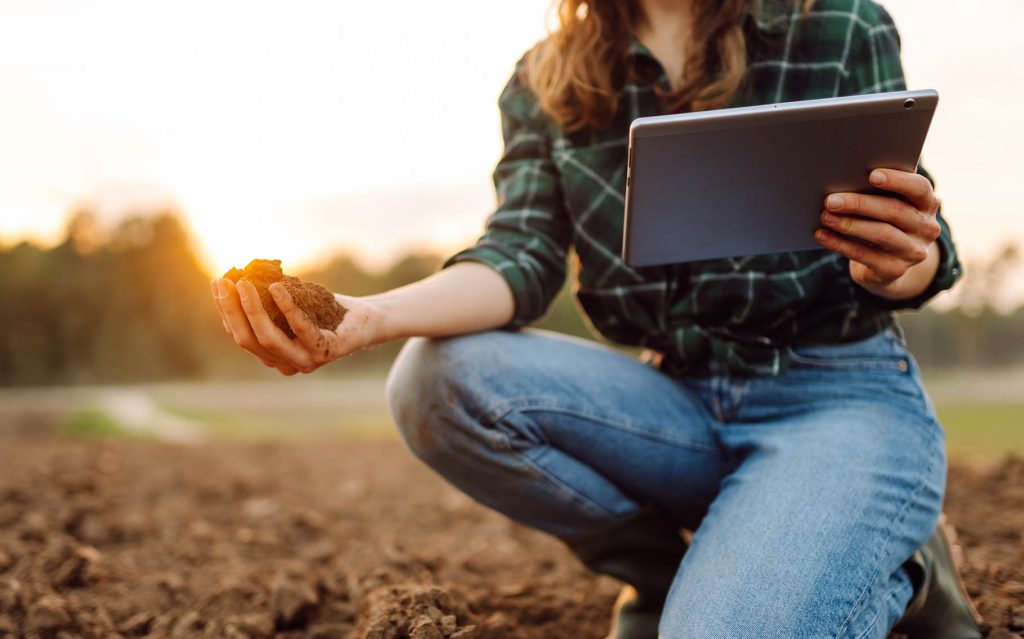S+T+ARTS Hungry EcoCities: Food for the future
Hungry EcoCities is a new S+T+ARTS residencies project that will run from September 2022 until February 2026. It aims at exploring one of the most pressing challenges of our times: the need for a more healthy, sustainable, responsible and affordable food system for all.
About the project
Agriculture and Horticulture have been nurseries for practical solutions to global challenges for a long time. Nonetheless, even though the EU’s transition to sustainable food systems has started in many areas, food systems remain one of the key drivers of climate change and environmental degradation and there is an urgent need to transition to sustainable food systems. We need to redesign our food systems which today account for nearly 1/3 of global GHG emissions, consume large amounts of natural resources, result in biodiversity loss and negative health impacts, and do not allow fair economic returns and livelihoods for all actors.
To realize this ambition, actors of the food chain must play their part in achieving sustainability responsibly. To obtain a new quality of sustainable innovation and transformation, we need another approach including a more diverse and multidisciplinary perspective, that enables barriers between science, technology, industry, and the arts to be removed, and enabling synergies along the value chain.
In Hungry EcoCities, creative studios, universities, growers, and agricultural specialists’ team up with artists and creative developers to come up with new ideas for the future food system. Hungry EcoCities will host 20 S+T+ARTS residencies and will be working towards defining, designing, and developing AI enabled responsible, art-driven solutions for the end-users in the food industries. The project will include 20 artists/creative developers and 10 food SMEs. It will deliver:
○ 10 humanizing technology experimental projects within AI breakthrough technology domains to increase trust in and acceptance of digital technologies within the food value chain and society at large
○ and 10 AI enabled path to progress experimental projects to test in real environments the AI enabled artistic solution for the food value chain.
Contemporary Urgencies
The project started in September 2022, with a consortium kick-off in Brno, where all partners introduced their vision and approach.
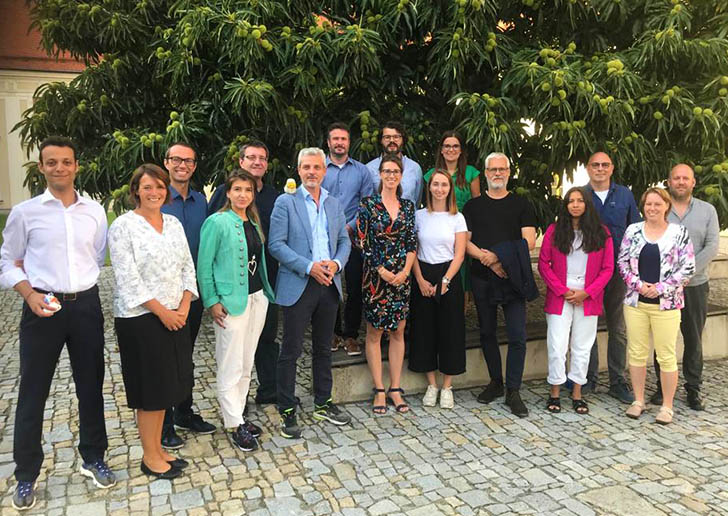
The first meeting gave a lot of food for thought on the topic of food for the future. Entangled ideas where shared concerning the food value chain: from production to distribution to consuming controlled environment agriculture, responsible biotech, from field to lab, trading dynamics, (mis)management of nutrients, the cultural phenomena and habits around food culture to explore oneself, a person’s health, and creating social interaction.
The first meeting gave a lot of food for thought on the topic of food for the future. Entangled ideas where shared concerning the food value chain: from production to distribution to consuming controlled environment agriculture, responsible biotech, from field to lab, trading dynamics, (mis)management of nutrients, the cultural phenomena and habits around food culture to explore oneself, a person’s health, and creating social interaction.
Next to that, technological support has been discussed in how through AI we can lead a green revolution 4.0, while taking into account the forms of trust: exploring a toolbox with augmented reality, smart tags, system biology, metabolic engineering, embedded intelligence, explainable AI, adaptive autonomy, satellite data interpretation and visual intelligence to reshape food interactions, balance between natural & artificial, animate the artificial, and learn from merging indoor & outdoor.
We are currently exploring contemporary urgencies in the food system and the first step, is to create local knowledge hubs. For this, several partners went on a field trip to visit the Westland area in the Netherlands and get submerged in the innovative world of controlled environmental agriculture (CEA).
The group, consisting of project partners SOS, CRA, Eatthis and In4Art, visited the Westlands Museum to get introduced into the history of horticulture going back to 16th and 17th century until today. Tomatoworld is an information and education centre, providing insight in how the region is working to contribute to the Sustainable Development Goals. The company Koppert Cress shared insight into their innovative initiatives within indoor cress production, like a collaboration with PATS – Indoor Drone Solutions on automated insect control, and their efforts of making their business processes more sustainable. Duijvestijn Tomaten, one of the area’s main tomato growers, explained their circular approach by using fibers from the tomato plant for making tomato boxes and how they were one of the first with geothermal heating. Koppert Biological Systems shared how they collaborate with nature, having bees and microbes as their allies, to provide biological crop protection. During the discussions, also themes as health and nutritional value related to personalised body needs, energy consumption, legislation and the Green Deal ambition related to organic production, human and automated labour collaboration, FoodCulture and local production where discussed.
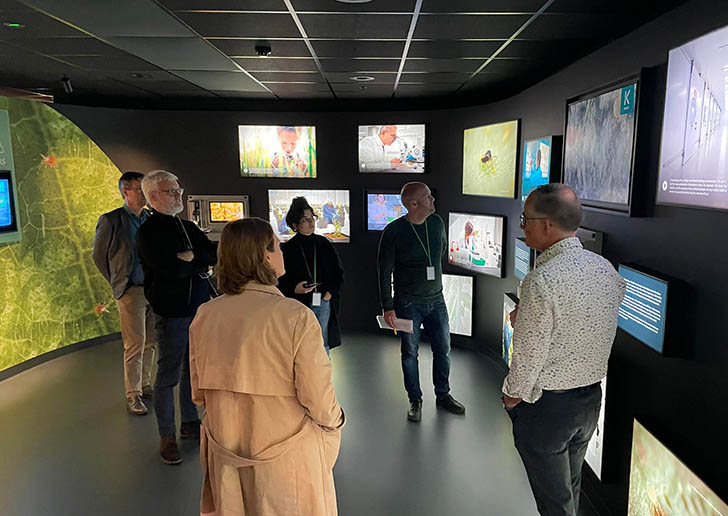
Follow Hungry EcoCities
Over the next months, the topic will be explored in depth in conversations with experts to understand the role food played in our past, plays in our present and could play in our futures. Consecutively, we are working on generating an AI Toolbox, to create the conditions for the open calls. To stay updated on the project, we refer to the project page.
Or on LinkedIn follow #startseu #HungryEcoCities
